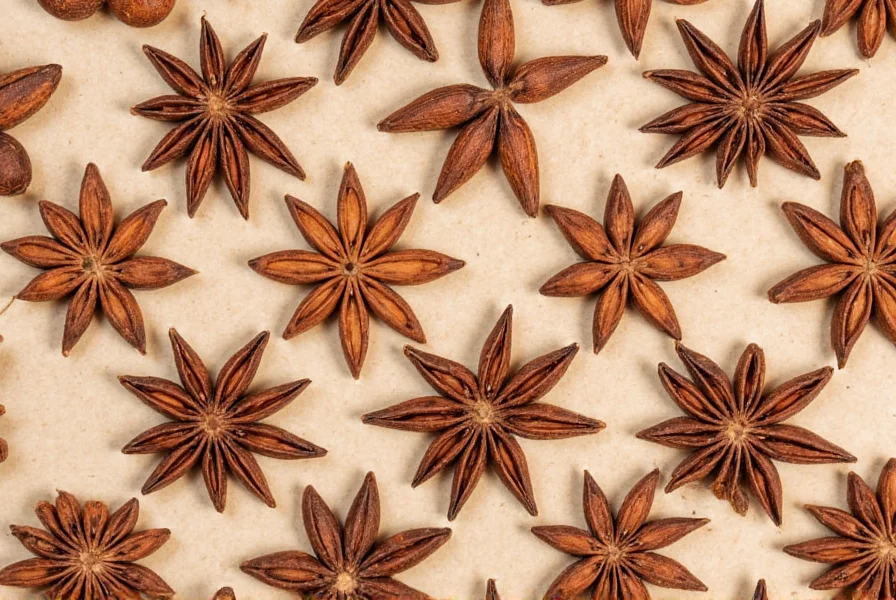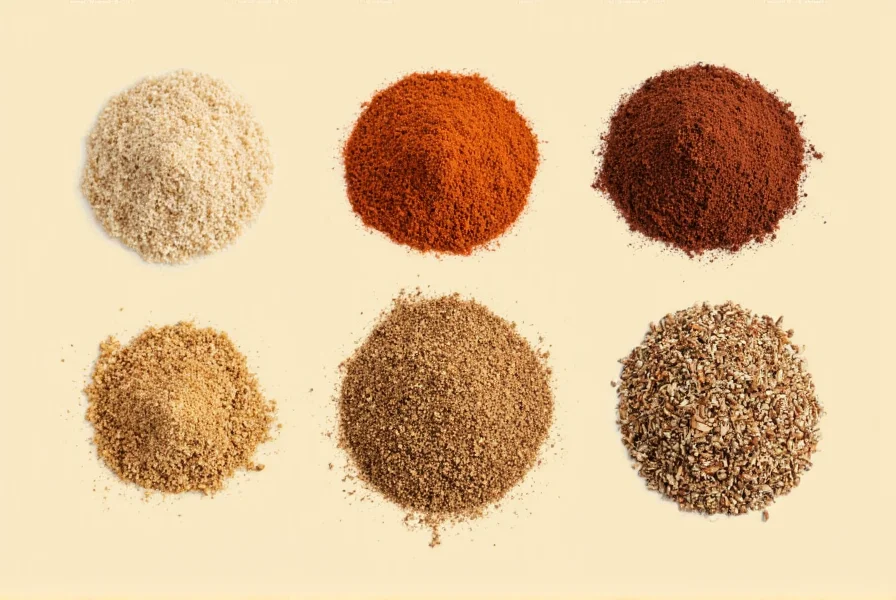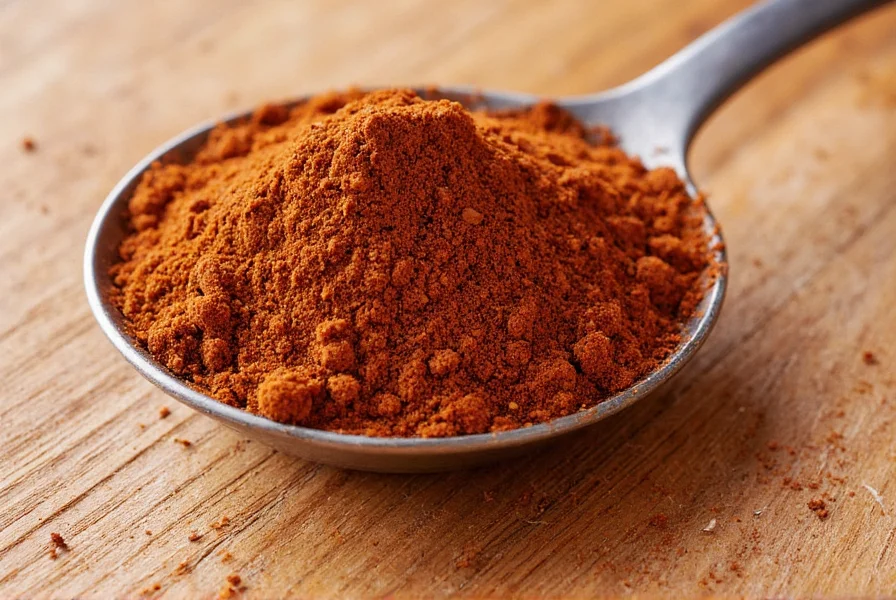When you're in the middle of cooking and realize you've run out of allspice, knowing reliable substitutions can save your recipe. Allspice, despite its name, isn't a blend but a single berry from the Pimenta dioica tree that naturally combines flavors reminiscent of cinnamon, nutmeg, and cloves. Understanding what to use instead of allspice depends on your specific recipe and what spices you have available in your pantry.
What Is Allspice and Why Substitution Matters
Allspice earned its name because early European explorers thought it tasted like a combination of several spices. Native to Jamaica and Central America, this versatile spice works in both sweet baked goods and savory meat rubs. When substituting, consider that allspice provides warm, sweet notes with hints of pepper and clove. The right allspice substitute ratio ensures your dish maintains balance without any single flavor dominating.

Top Allspice Substitutes and Their Proper Ratios
Not all substitutes work equally well in every recipe. The best replacement for allspice depends on whether you're making cookies, roasting meats, or preparing Caribbean jerk seasoning. Here's a detailed guide to help you choose wisely:
| Substitute | Ratio (per 1 tsp allspice) | Best For | Limitations |
|---|---|---|---|
| Cinnamon + Nutmeg + Cloves | ½ tsp cinnamon + ¼ tsp nutmeg + ¼ tsp cloves | Most baking, stews, marinades | Slightly more pronounced individual flavors |
| Pumpkin Pie Spice | ¾ tsp | Pies, muffins, fall desserts | Contains ginger which changes flavor profile |
| Cinnamon + Nutmeg | ¾ tsp cinnamon + ¼ tsp nutmeg | Cakes, cookies, fruit dishes | Lacks clove's depth for savory dishes |
| Cloves + Cinnamon | ¼ tsp cloves + ¾ tsp cinnamon | Ham glazes, hearty stews | Too strong for delicate baked goods |
Recipe-Specific Substitution Guidance
How to substitute allspice varies significantly based on your dish. For baking applications like gingerbread or spice cakes, the classic cinnamon-nutmeg-cloves blend works perfectly. When making Caribbean jerk seasoning or Jamaican rice and peas, consider adding a pinch of black pepper to your substitute to mimic allspice's subtle heat.
For meat dishes like braised short ribs or pork shoulder, an allspice alternative with slightly more cloves (up to 1/3 teaspoon) enhances the savory profile. When preparing Middle Eastern dishes like maqluba that traditionally use allspice, a combination of equal parts cinnamon and cardamom makes an excellent substitute.
Avoiding Common Substitution Mistakes
Many home cooks make critical errors when looking for what to use instead of allspice. Never substitute pre-mixed pumpkin pie spice one-to-one for allspice—its additional ginger and cardamom will throw off your recipe's balance. Similarly, using only cinnamon as an allspice replacement creates an overly sweet profile that lacks complexity.
When creating a homemade allspice substitute, always measure spices precisely. Eyeballing measurements leads to inconsistent results, especially in baking where chemical reactions depend on precise ingredient ratios. For delicate dishes like custards or light cakes, reduce the total amount of substitute by 10-15% to prevent overwhelming the other flavors.

Creating Your Own Allspice Blend
If you frequently need an allspice alternative, consider making a small batch of homemade allspice substitute to keep in your spice cabinet. Combine 2 tablespoons ground cinnamon, 1 tablespoon ground nutmeg, and 1 tablespoon ground cloves in an airtight container. This blend maintains freshness for up to 3 months and provides consistent results whenever you need an allspice replacement in baking or cooking.
For those who prefer whole spices, toast equal parts cinnamon sticks, whole nutmeg, and whole cloves before grinding them together. This method produces a more vibrant substitute for recipes where allspice plays a starring role, such as in traditional Jamaican jerk marinades.
Special Considerations for Dietary Restrictions
When accommodating dietary needs, certain allspice substitutes work better than others. For those avoiding cloves due to potential allergies, a combination of 3/4 teaspoon cinnamon and 1/4 teaspoon nutmeg makes a safe alternative. Those following low-histamine diets might prefer using only cinnamon as their allspice replacement, though the flavor profile will be noticeably different.
Vegan cooks should verify that commercial pumpkin pie spice blends don't contain any animal-derived additives, though most standard blends are naturally vegan. When making your own allspice substitute from whole spices, you maintain complete control over ingredients while ensuring your allspice alternative meets specific dietary requirements.
Frequently Asked Questions
Can I use five spice powder as an allspice substitute?
Five spice powder makes a moderate substitute for allspice in savory dishes but not in baking. Use 3/4 teaspoon five spice powder per 1 teaspoon allspice required. The anise and fennel notes work well in meat rubs but will overpower sweet recipes. For best results in Chinese-inspired dishes, this substitution works better than traditional allspice blends.
What's the best allspice substitute for pumpkin pie?
For pumpkin pie specifically, use 3/4 teaspoon pumpkin pie spice plus 1/8 teaspoon additional cinnamon per 1 teaspoon of allspice called for in your recipe. This allspice alternative maintains the traditional flavor profile while compensating for pumpkin pie spice's lower allspice content. If making from scratch, combine 1/2 teaspoon cinnamon, 1/8 teaspoon nutmeg, 1/8 teaspoon ginger, and 1/8 teaspoon cloves.
How does allspice substitution differ in Caribbean recipes?
In Caribbean cooking where allspice is essential, use a blend of 1/2 teaspoon cinnamon, 1/4 teaspoon nutmeg, 1/4 teaspoon cloves, and a pinch of black pepper per 1 teaspoon allspice. The pepper mimics allspice's subtle heat that's crucial in jerk seasoning and Jamaican rice and peas. For authentic results in traditional recipes, this allspice replacement works better than single-spice alternatives.
Can I substitute allspice with apple pie spice?
Yes, but with adjustments. Apple pie spice typically contains more cinnamon and less cloves than allspice. Use 7/8 teaspoon apple pie spice plus a pinch of ground cloves per 1 teaspoon allspice required. This allspice alternative works well in fruit-based desserts but lacks the complexity needed for savory applications like meat marinades or hearty stews.
Does the form of spice (ground vs. whole) matter for substitutions?
Yes, form matters significantly. When substituting whole spices for ground allspice berries, use 1 whole allspice berry per 1/8 teaspoon ground allspice called for. For substitutes, use 1 cinnamon stick (instead of 1/2 tsp ground), 1 small nutmeg piece (instead of 1/4 tsp), and 2-3 whole cloves (instead of 1/4 tsp ground). Always remove whole spices before serving in finished dishes.











 浙公网安备
33010002000092号
浙公网安备
33010002000092号 浙B2-20120091-4
浙B2-20120091-4